Tanzanian President Sworn In Amid Controversy And Turnoil
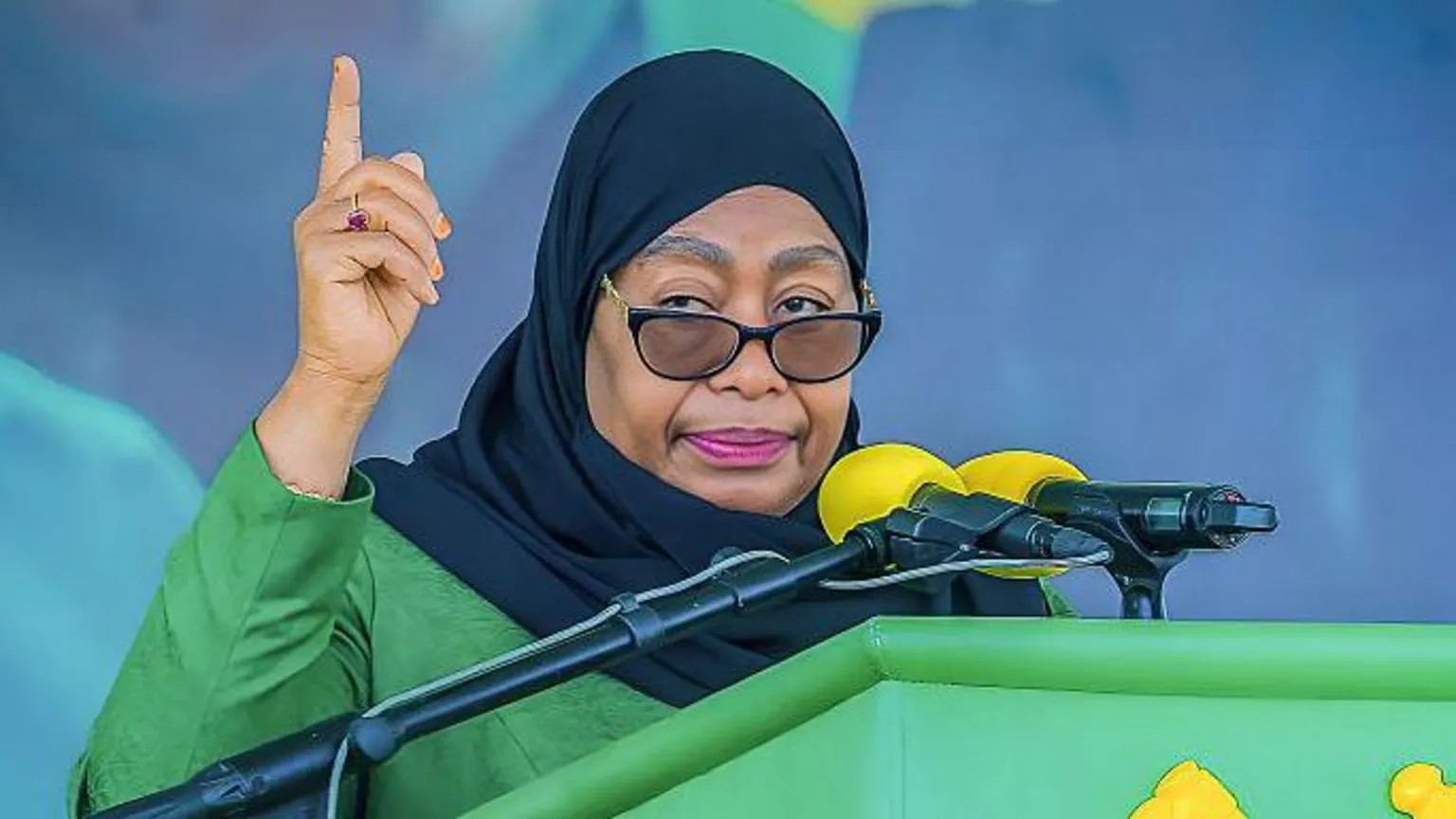
In a tense and heavily guarded ceremony, Tanzanian President Samia Suluhu Hassan took the oath of office for her second term on Monday, following an election plagued by violence and opposition boycotts. The inauguration, typically a public event held in a stadium, was instead conducted at a military parade ground in Dodoma, the capital city, with access restricted to a select group of dignitaries and broadcast live on state television.
President Hassan, who secured a staggering 98% of the vote in an election widely criticized as neither free nor fair, addressed the nation in a speech that attempted to balance acknowledgment of recent unrest with assertions of electoral legitimacy. "I thank the electoral commission for running the elections with unquestionable efficiency," she stated, while also expressing regret over the "loss of lives and destruction of public property" that has marred Tanzania's international reputation.
The election, held last Wednesday, was conducted under a cloud of suspicion, with key opposition figures either imprisoned or barred from running. International observers have raised serious concerns about the transparency of the electoral process and the violent aftermath that has reportedly claimed hundreds of lives.
A nationwide internet shutdown, implemented on election day and still in effect, has severely hampered the flow of information and made it challenging to verify the true extent of the violence. Unconfirmed reports from opposition sources suggest death tolls ranging from 500 to 800, while the UN human rights office has cited credible reports of at least 10 fatalities in three cities.
The atmosphere of fear and uncertainty has permeated Tanzanian society. Citizens interviewed by the BBC spoke of missing family members and the struggle to obtain basic necessities. One woman, identified only as Mama Kassim, tearfully recounted her inability to locate her two sons since election day. "I don't know if he is injured, I don't know if he is hospitalized, I don't know if he is dead," she said of one son, her voice thick with worry.
President Hassan's inauguration was attended by several regional leaders, including the presidents of Somalia, Zambia, Mozambique, and Burundi. In her address, she hinted at foreign interference, noting that "it was not surprising" that some of those arrested in connection with the violence were not Tanzanian citizens.
As Tanzania grapples with the aftermath of this contentious election, questions linger about the country's democratic future and the government's ability to bridge the deep divisions that have emerged. With opposition leaders decrying the election as a sham and calling for international intervention, President Hassan faces the daunting task of unifying a nation on edge and restoring faith in Tanzania's democratic institutions.



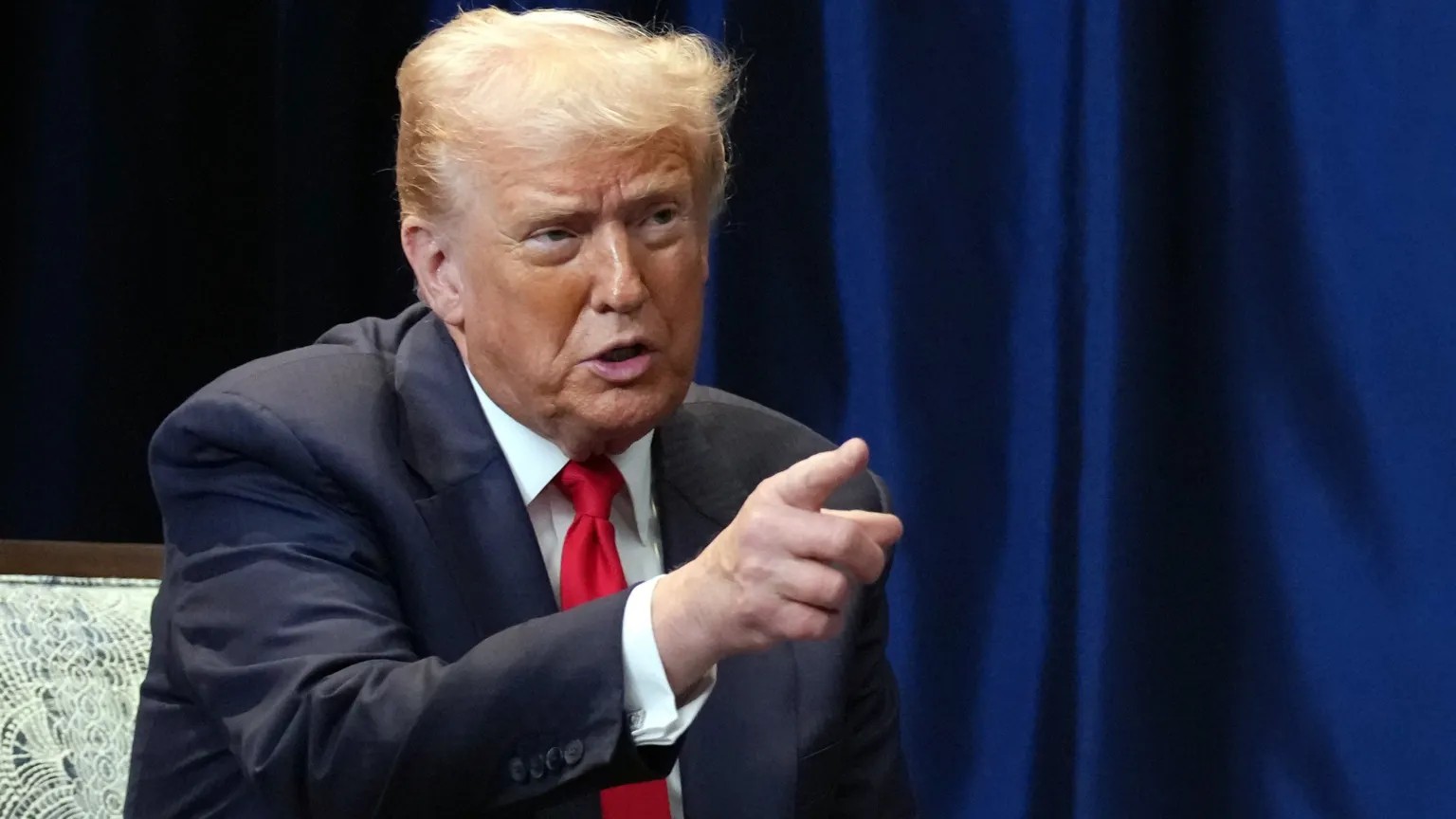
.jpeg)
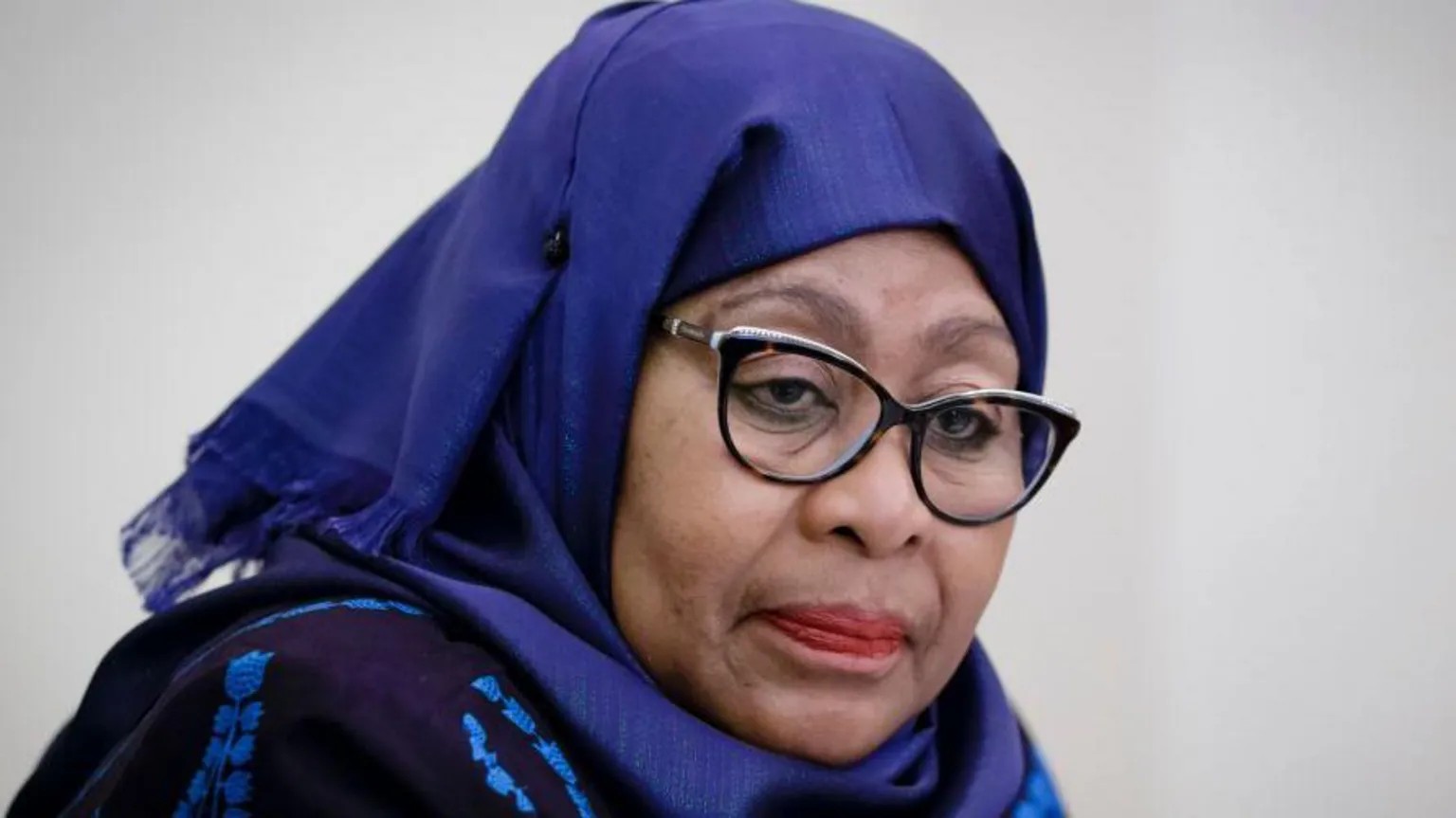
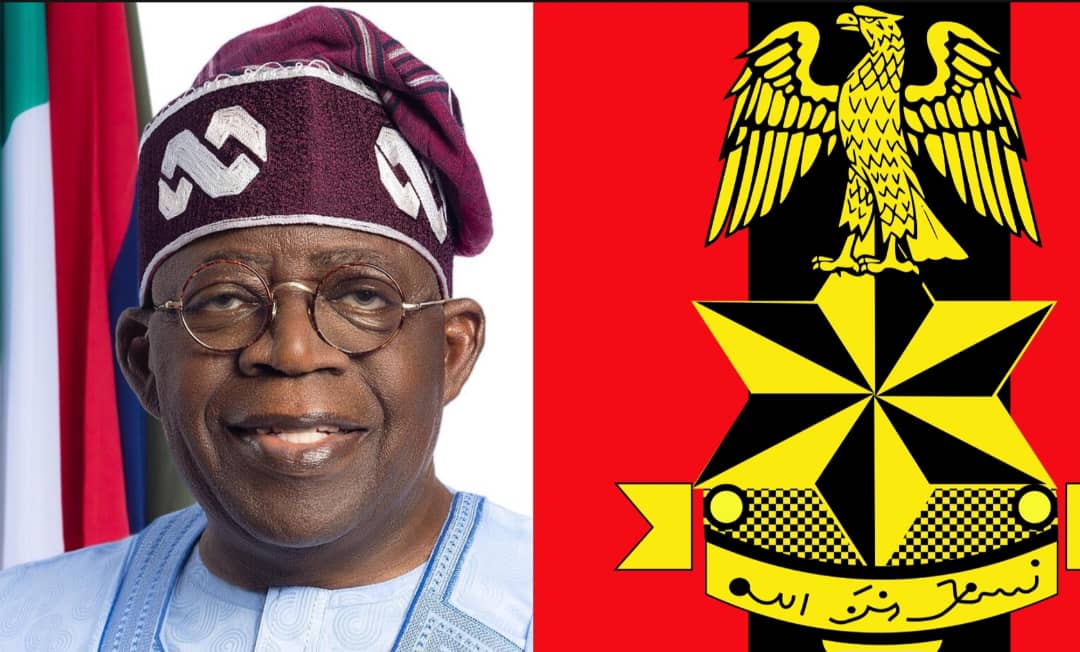
.jpeg)
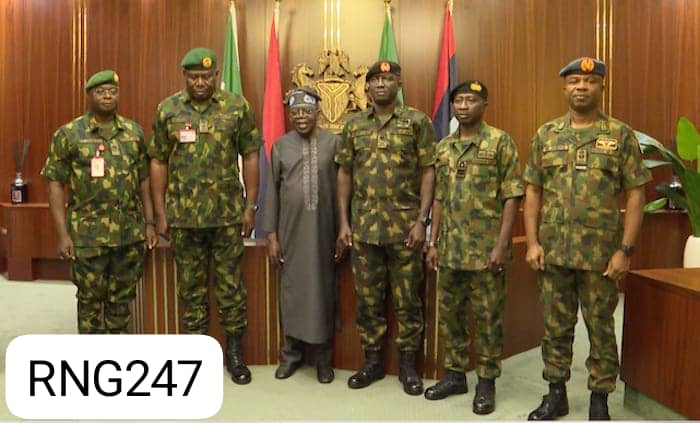
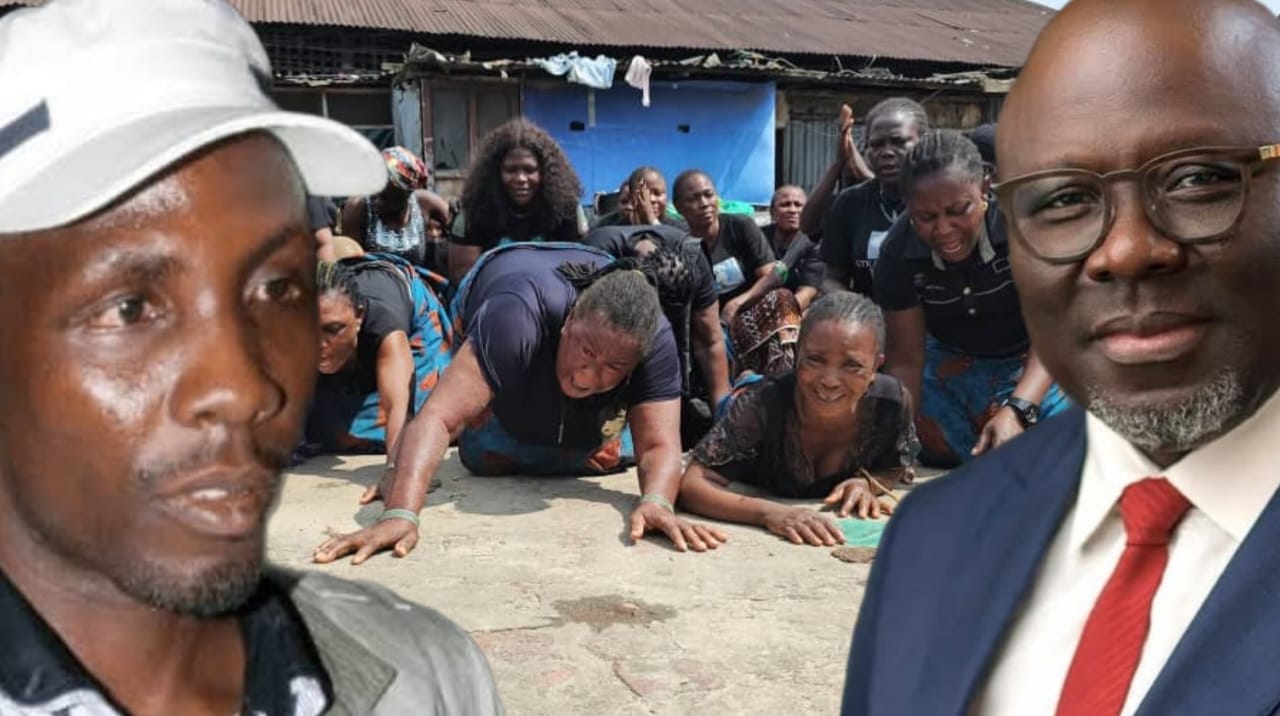
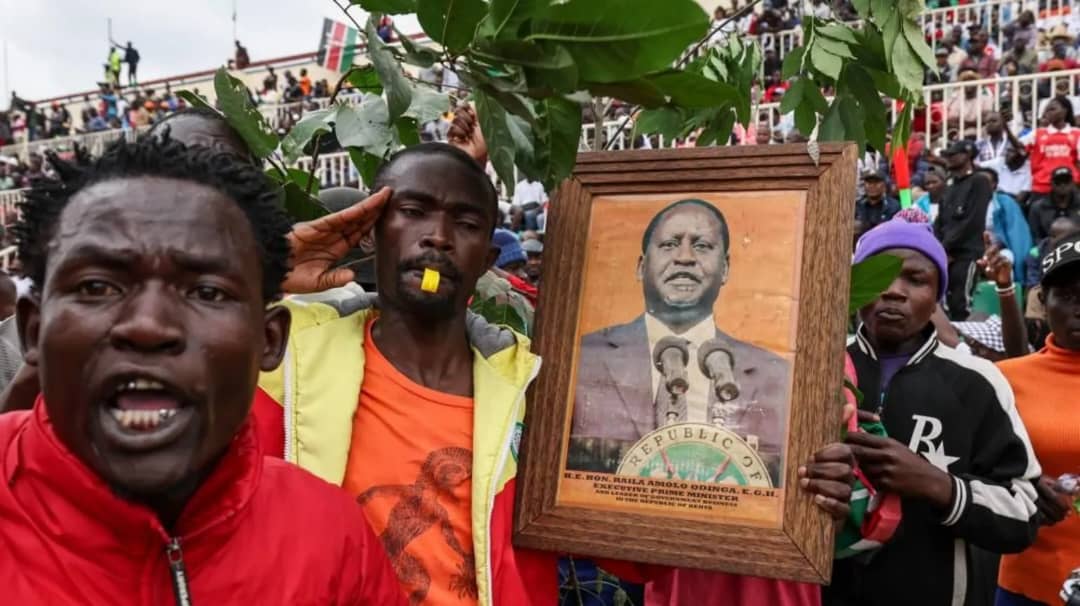
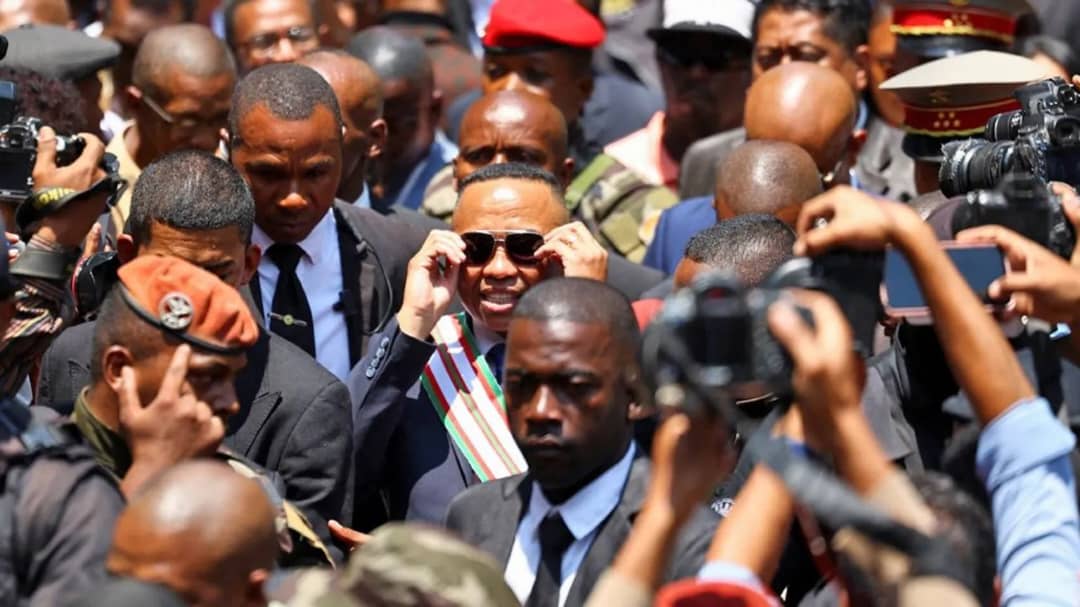
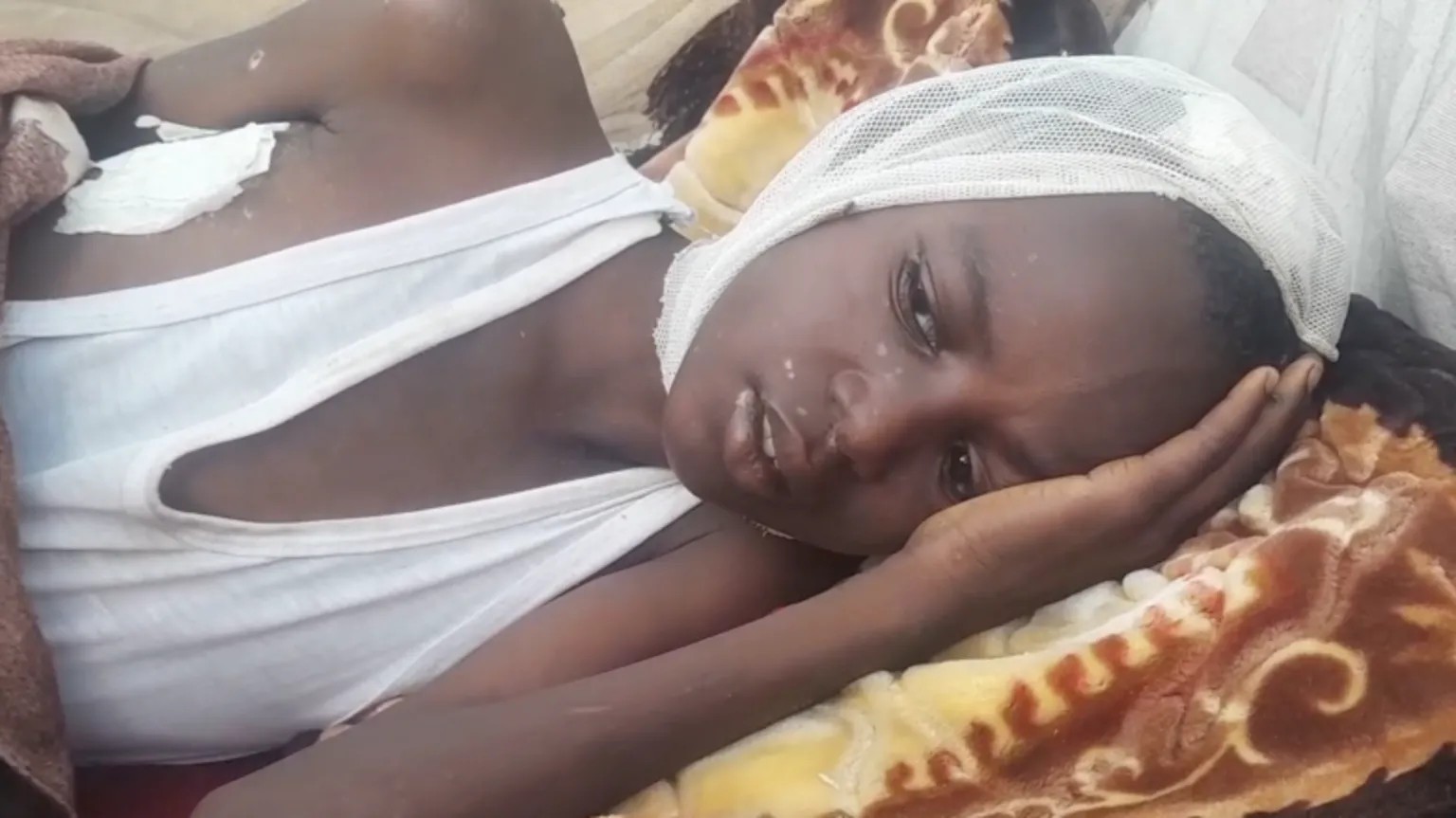
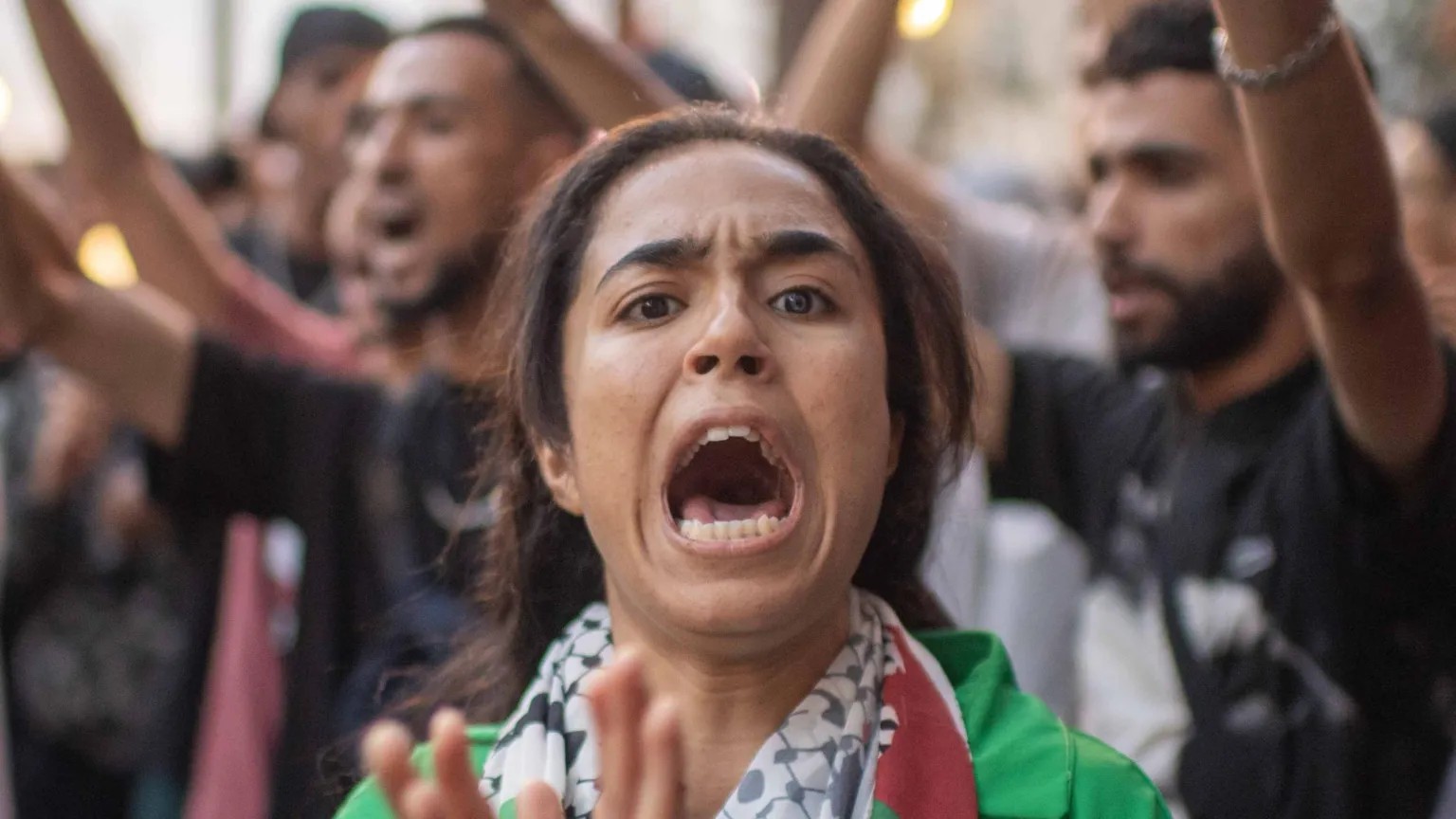
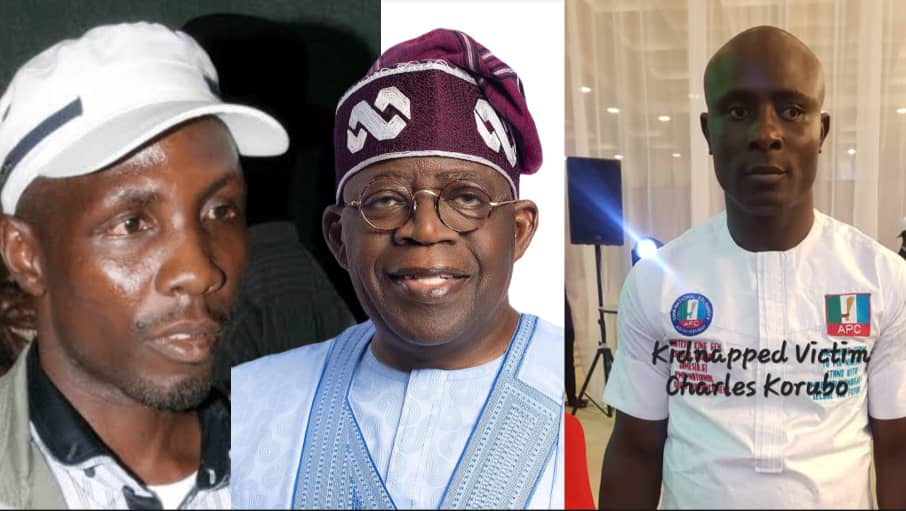

0 Comment(s)